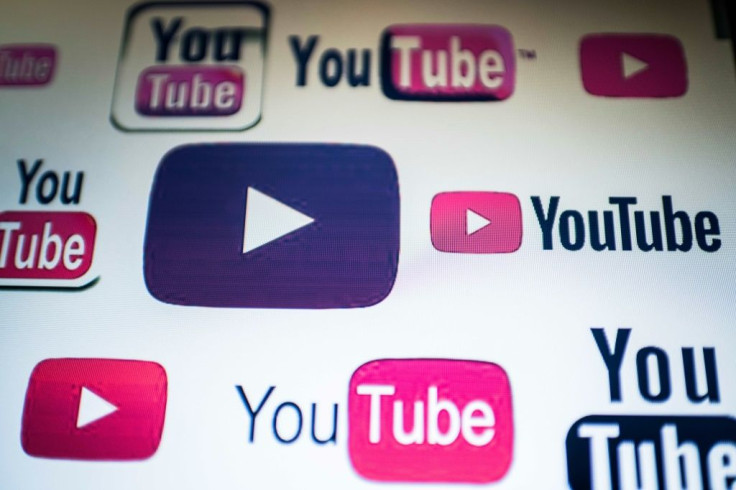Down The Rabbit Hole: How YouTube Comments Help In Radicalizing Viewers
KEY POINTS
- Researchers from Switzerland and Brazil universities are pointing to YouTube as the gateway to radicalization
- YouTube's "algorithmic recommendations" are guiding viewers to more extreme content
- Researchers argued that as host to extremist channels, YouTube is partly responsible for the radical transformation
From fake news to fake comments, the rise of social media and the side effects of YouTube's free-for-all video publishing are acting as gateways to radicalize users into the Dark Side.
In a recent study presented by university researchers in Switzerland and Brazil at the 2020 Conference on Fairness, Accountability and Transparency in Barcelona, Google's YouTube “algorithmic recommendations” are somewhat guiding viewers to more radical videos. Along the way, median content slowly transforms into those with extreme information that, among others, indulge in racism, anti-Semitic and white supremacist ideologies, said Fox Business.
The researchers based their findings on a ton of YouTube videos, channels and comments and came up with a paper entitled, “Auditing Radicalization Pathways on YouTube.” As part of their study, the team analyzed more than 330,000 videos that were posted on 349 channels plus an outstanding 72 million comments. Here, they classified the videos as Media, Alt-lite, the Intellectual Dark Web (IDW) and the Alt-right, according to Tech Crunch.

The outlet further suggested that the paper discovered that users who started as patrons on Alt-lite and IDW channels went down the proverbial rabbit hole and began commenting on extreme far-right videos over the years.
“A significant amount of commenting users systematically migrates from commenting exclusively on milder content to commenting on more extreme content,” the paper said, via Tech Crunch.
After the researchers presented their paper, author Manoel Horta Ribeiro was asked if they solely based their study on pure YouTube content and if the people that they were discussing were already “radicalized” in the first place.
Hypothesis is that radicalization happens on YouTube, citing prior work, e.g. @zeynep's op-ed (https://t.co/BRWHTdVbAX) and @kevinroose's recent article (https://t.co/wFpnt2fiF2) #FAT2020 pic.twitter.com/O7ogt7x04t
— Ben Packer (@packer_ben) January 28, 2020
For his part – as well as the researchers – Ribeiro didn't put all the blame on YouTube. However, he made it a point to detail that as host to these channels, the platform is responsible to the transformation.
“We do find evident traces of user radicalization, and I guess the question asks why is YouTube responsible for this? And I guess the answer would be because many of these communities they live on YouTube and they have a lot of their content on YouTube and that's why YouTube is so deeply associated with it,” he said, according to Tech Crunch.
Ribeiro also said that “it's very hard” to point all radicalization transformation are made by YouTube or some “recommender system,” but their analysis – a solid evidence, at that – exposes the truth that there are people who only visited milder channels in the past have transcended in their ideologies and ventured on a more extreme path.
Research paper by @manoelribeiro presented at #FAT2020 on 'Auditing radicalization pathways on YouTube' may also be of interest to the Youth Empowerment and Innovation Project #YEIP #IARS #IARS_London_2020 https://t.co/fbVQxJckWx
— Jen Persson🌻 (@TheABB) January 29, 2020
© Copyright IBTimes 2025. All rights reserved.





















